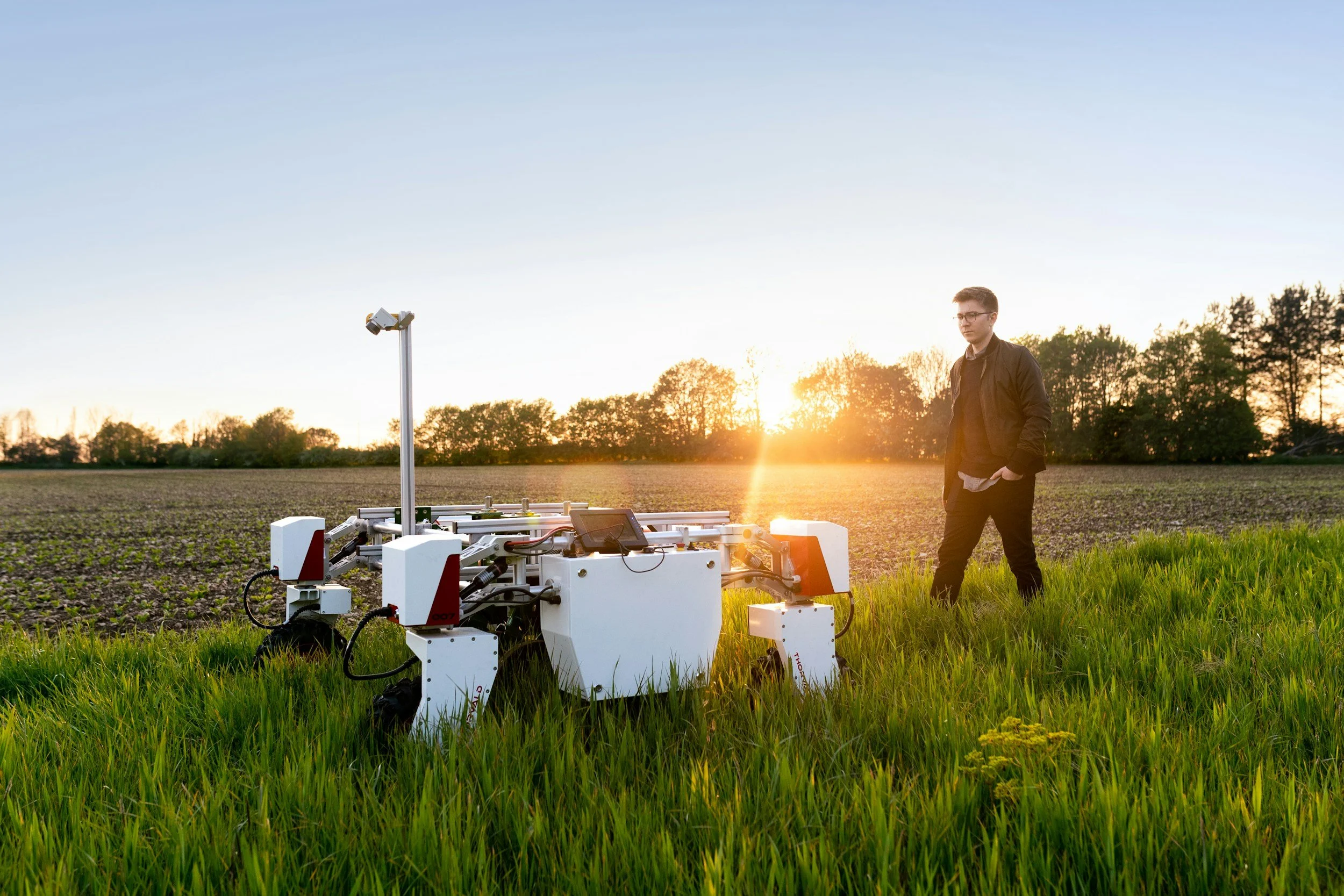Heat Pumps vs Electric Boilers: Best Electric Off-Grid Heating System
/Going off-grid is an expensive but fruitful process. It allows you to truly be energy-independent and avoid a lot of operational costs for your home. There’s no denying it comes with a lot of initial costs, so it’s best to make the right choices when attempting to build your own system. One of the major considerations is how to establish your home heating without relying on the gas-grid, so this article will cover the main systems and how they stack up.
Defining Off-Grid Heating
Let’s get some definitions out of the way, since many readers may have misconceptions about what off-grid heating entails. While it is generally defined as being outside of the gas grid, this definition should also include being off of the electric grid in most countries. After all, the electric grid is dependent on fossil fuels as well.
Even aside from fossil fuel dependence, if you’re looking for energy autonomy, reliance on the electric grid will still require outside energy sources. It may not allow for a standalone solution. That’s why we’ll review “partial off-grid solutions” (i.e., off the gas grid) and “fully off-grid solutions” and see which ones are most feasible for the average person.
Aside from covering the off-grid aspect, it’s also important to properly set boundaries around the “heating” part of the equation. Heating often entails getting hot water and temperature control for colder climates, but this may not be suitable for all homes. Therefore, heating also includes temperature cooling along with water heating, as these can be related to modern heating standards.
Now, let’s see what heating options are available to regular consumers:
Electric Boilers
Electric boilers can allow the average consumer to go off-grid under certain conditions. However, let’s be clear about the downsides of electric boilers as they stand without off-grid energy. There is a misconception about electric boilers that, since they can sport 99% to 100% efficiency, they will be automatically better for your energy costs and the environment.
However, this is not the case due to several reasons. While they are more efficient per unit of energy/fuel, the prices of electricity are far higher than those of gas per kWh, making them more expensive for customers. Similarly, the reliance of electricity on the fossil fuel grid makes them a significant carbon producer (although they are more sustainable than gas boilers).
The type of electric boiler you buy will also matter. Electric combi boilers will have low hot water demand, so they can make do for smaller houses, providing both heating and hot water. For larger properties you will need an electric system boiler, though. The latter can be more expensive and take up more power.
Like most electric technologies, they can be completely sustainable with the aid of renewable energy sources like solar panels or wind power. This can save you from any and all energy costs, since electric boilers don’t require anything other than an electricity source. As a partial off-grid system they aren’t very effective, but with solar panels, they can be the cheapest option overall.
Another positive of electric boilers is that they are very easy to install. Most electric boilers require very few peripheral parts and can be easily put in place with few installation costs (compared to conventional boilers). However, extra work might be required if you already have a complex heating system and will require the removal of parts.
Heat Pumps
Heat pumps have high initial costs, but they make up for it with very low operating costs, which can allow you to recoup your investment. They can be 4 times as efficient as electric boilers, leading to 4 times as much savings as well. As a partial off-grid system (off the gas grid), they can be very effective, even if they are initially costly.
An air source heat pump can be the cheapest option, but it can be more expensive depending on whether you want an air to water source installation. The latter allows homes to pass their renewable energy system through a hot water tank. This has its advantages, like underfloor heating and producing hot water directly, making it a more comprehensive heating solution.
Heat pumps also outrank boilers in versatility. Despite their name, heat pumps provide both heating and cooling, which is why they can be an effective solution for all seasons. They regulate temperatures by extracting heat or cold from the air and pumping it from one location to the other, so they can manage both sides of the equation.
Much like electric boilers, they are extremely effective with renewable energy sources. Where they can be a better alternative is their running costs. They are 4 times as energy efficient, so they will naturally put 4 times less load on your solar panels, wind turbines, or whatever source of energy you plan to implement.
The Winner?
Overall, heat pumps can be a better choice for your heating needs if you don’t mind a hefty initial down payment. However, you may not have to come up with the money yourself, since many countries have grants that allow for the upgrade to heat pumps. These can cover most of the costs, depending on where you live. In the UK certain grants, such as the Boiler Upgrade Scheme, cover up to £10,000 for a variety of sustainable measures including heat pumps.
Heat pumps come with certain caveats as well: they lose efficiency in extreme cold temperatures and are best paired with homes that have adequate insulation. Most regions may not reach such low temperatures, but it’s good to make sure before you invest in one. For colder climates, you might consider a hybrid system that combines a heat pump with an auxiliary heat source to ensure reliable heating year-round.
That said, if you are eligible for a grant or don’t mind the prices, heat pumps are the better option due to their versatility and operational costs. Otherwise, you can pair an electric boiler with renewable energy and have a decent system as well.
About the Author:
Rawal Ahmed is known for his direct and precise writing style, ensuring complex technological concepts are accessible and easy to understand. Utilising journalistic rigour in his research, he excels at breaking down jargon and presenting practical, actionable information. His work reflects a deep commitment to advancing sustainability and empowering consumers with the knowledge they need to make informed decisions.
Please share your comments on this article in the comments section below! All comments containing hyperlinks will be removed.










































Many people recognize that our society has reached a point of environmental urgency. Without taking measures now, the irreversible effects of climate change could prove disastrous for generations to come. Therefore, citizens and businesses alike need to find ways they can make sustainable adjustments, whether that’s turning to green energy as a whole or finding smaller ways to make a difference